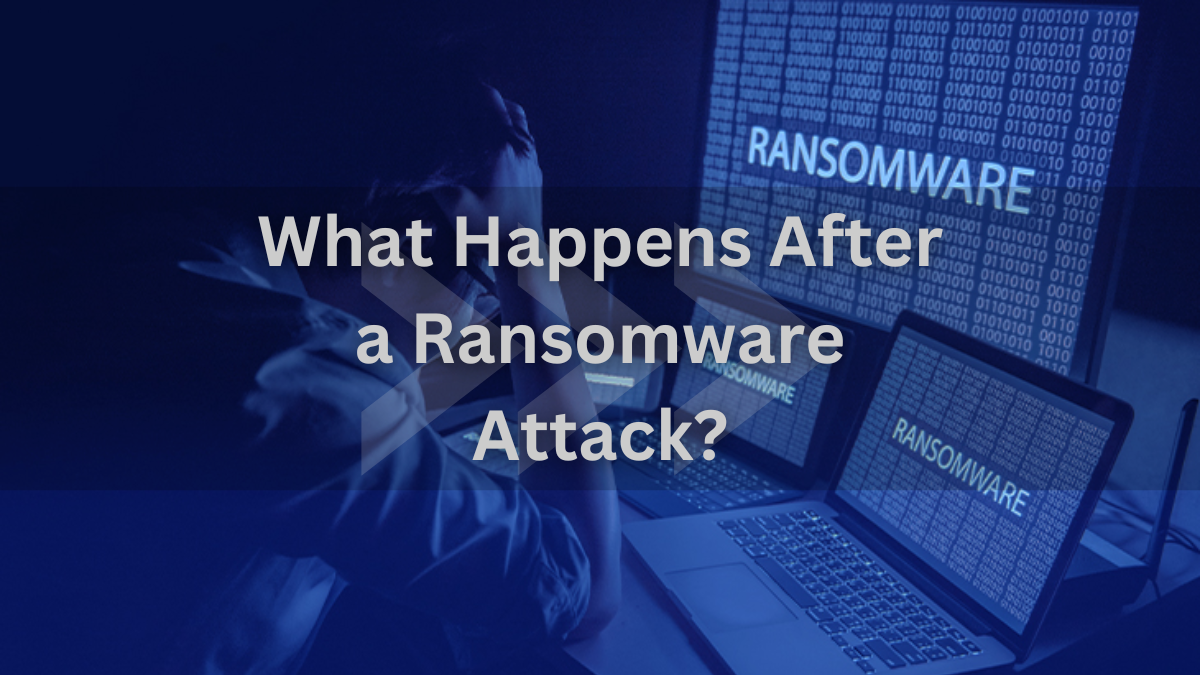In a perfect world, your business would never have to worry about a cyberattack. But we don’t live in a perfect world, and the reality is that businesses of all sizes are at risk for cyberattacks. That’s why it’s essential to have a full cybersecurity plan in place. A good cybersecurity plan will help you protect your customer data, your devices, and your reputation. So, if you’re not sure if you need a full cybersecurity plan or not, here are a few reasons why you should definitely consider one.
1. The dangers of not having a full cybersecurity plan in place
Think about how many times you’ve heard of companies in your industry and read the tales of woe from people who had been breached or hacked. Imagine if someone was able to steal all that sensitive data we store online, as easy as someone was to steal a credit card number from behind the bar every day? It may not seem possible, but it happens more often than most would believe! Don’t let this happen by making sure everything is locked down securely first before the loss of customer data.
2. The benefits of having a full cybersecurity plan in place
When you have a full cybersecurity plan in place, it can help with both personal and professional life. With the threat of hackers constantly looming over us, planning ahead is more important than ever before.The benefits are two-fold: not only will your company be better protected against digital attacks, but also that no individual worker’s information spills into public domain through this type of theft or leakage which has been seen lately across many industries due again mostly because of poor employee security practices.
3. How to create a full cybersecurity plan for your business
Cybersecurity is a difficult topic to address. There are so many different things you can do and decisions that need careful thought, but we’re going over just the basics here in this article! The first step towards creating your own full cybersecurity plan would be establishing what information you think needs protection most urgently. This will help dictate where to best place sensors or other devices with sensitive data on them around the business premises – such as computers containing customer records-to protect against potential cyberattacks from outsiders trying to steal it when they least expect it (and potentially cause major headaches).
4. What to do if you experience a data breach
Hackers are becoming more and more sophisticated, so it is important to follow these steps if you have been hacked. One, screenshot with your phone any evidence of a hack. Two, change all your passwords and make them difficult for anyone else. Three, reach out to a cybersecurity consulting firm.











